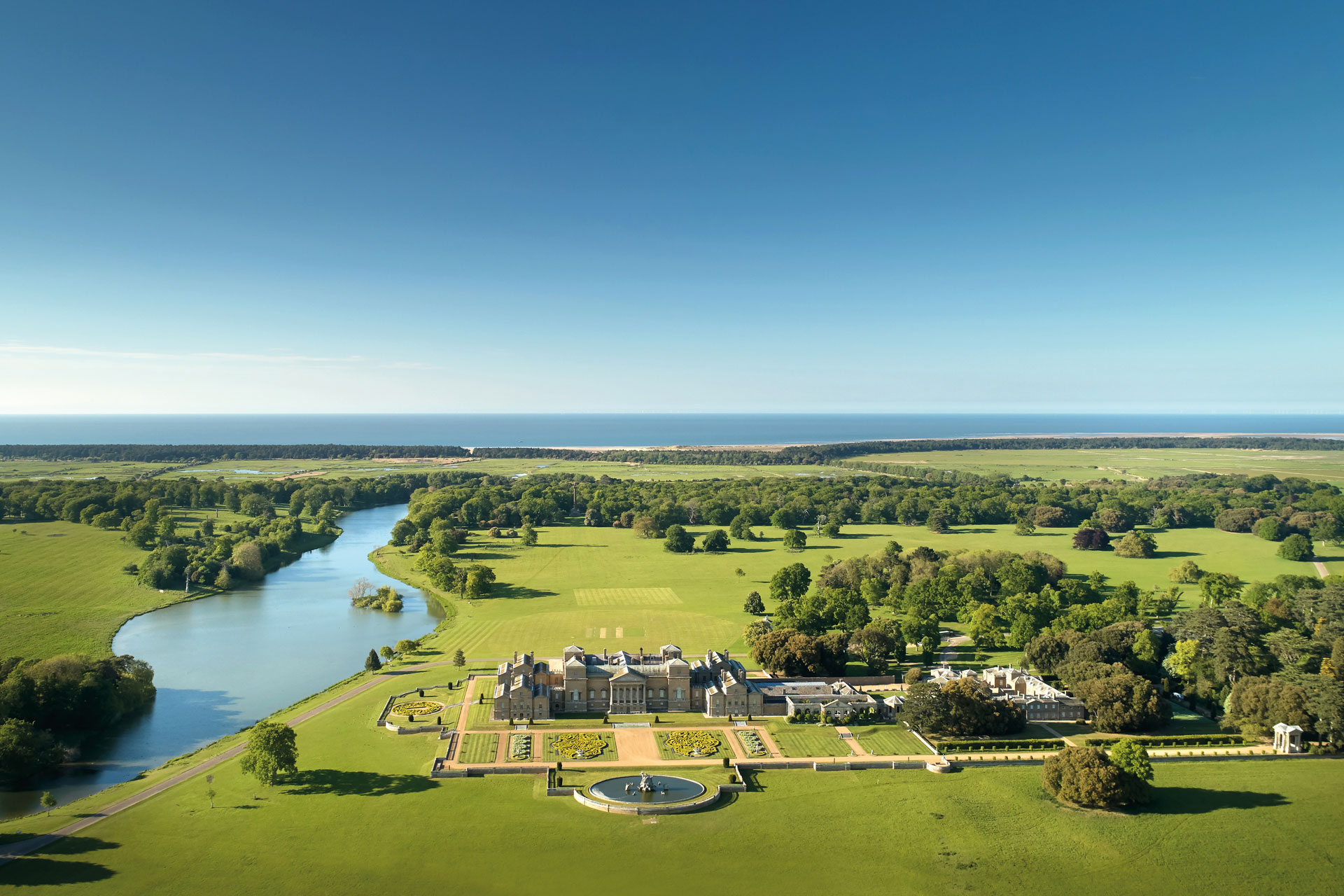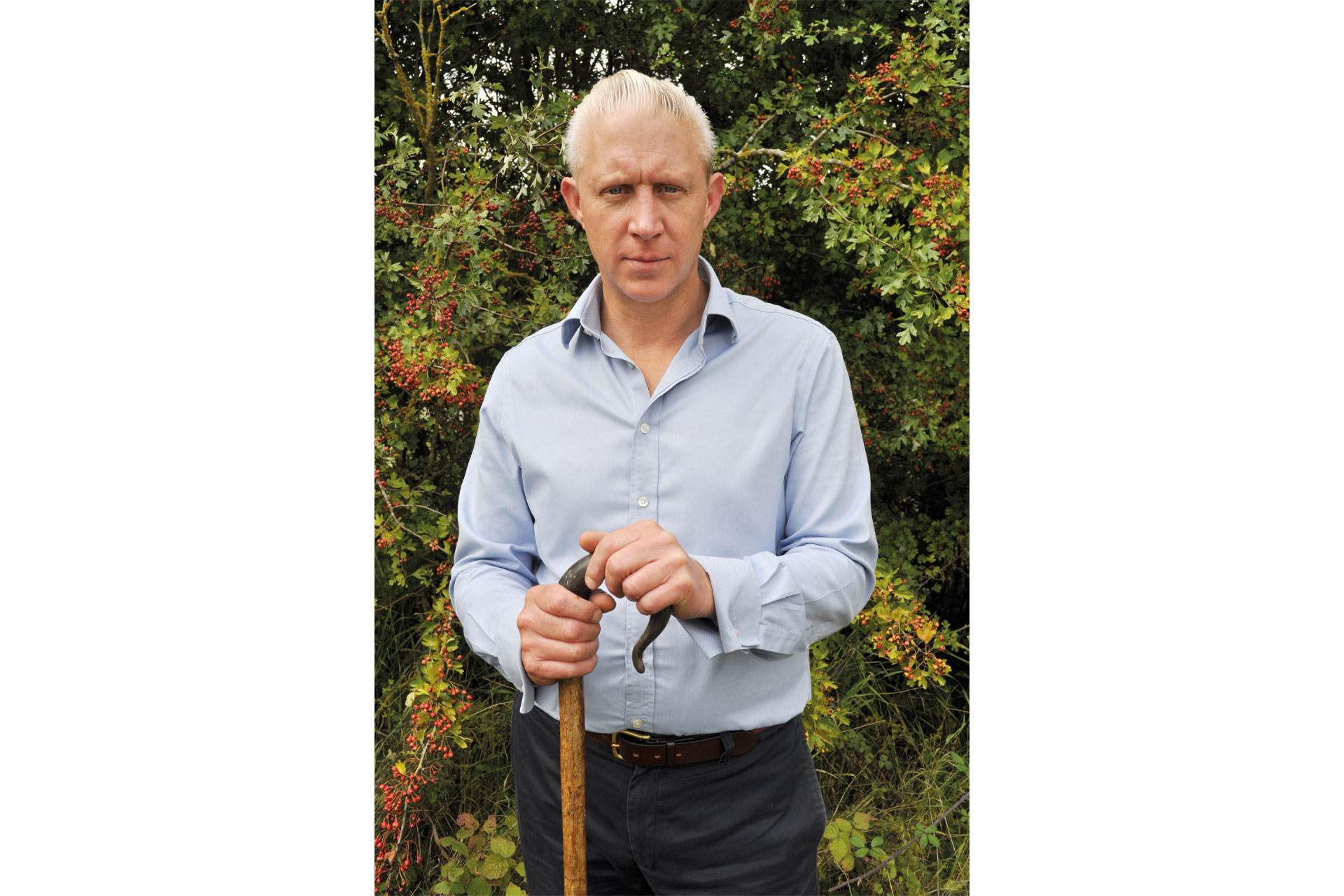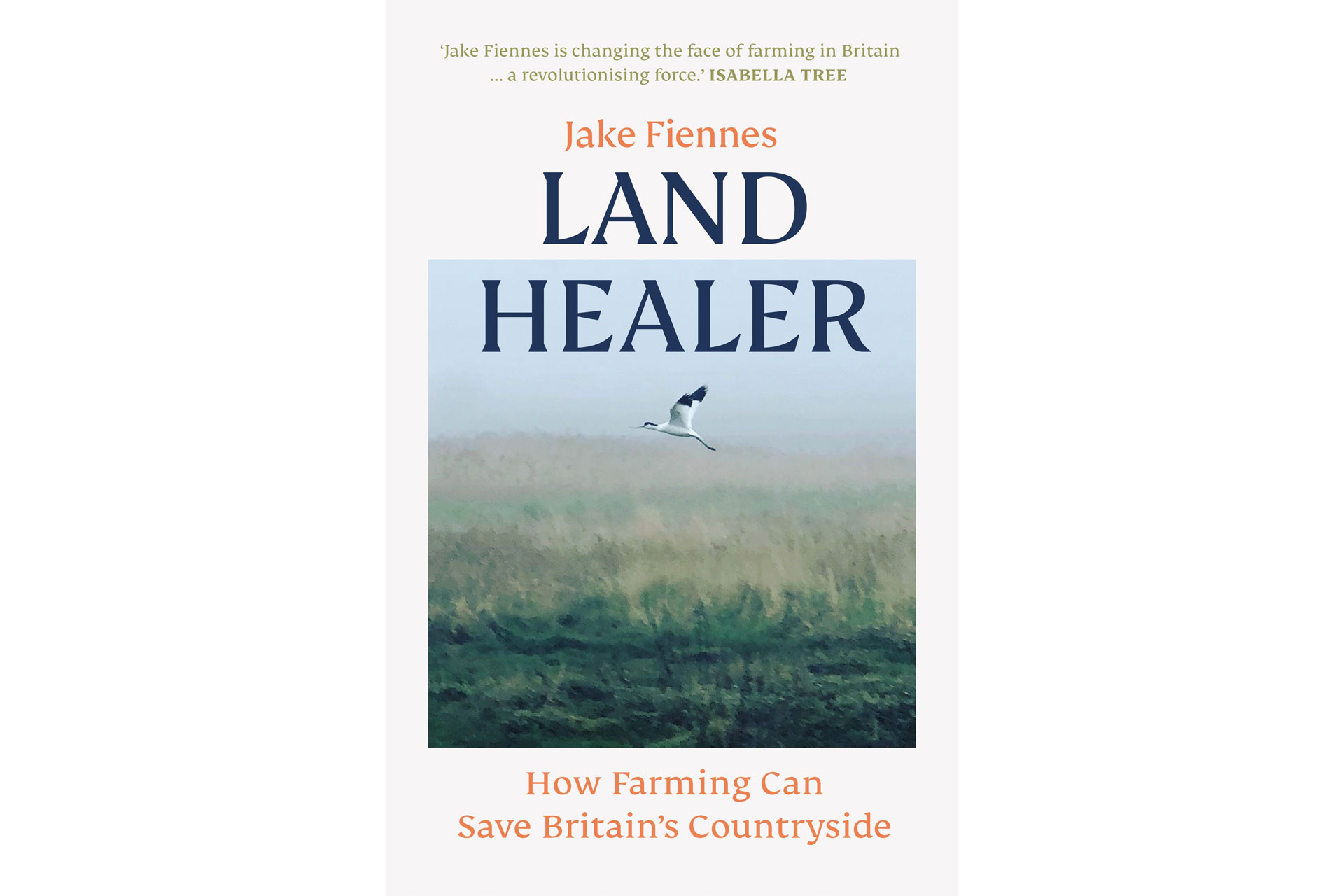Jake Fiennes: How Farming Can Save Britain’s Countryside
By
2 years ago
Meet the Fiennes brother who is saving the soil

The best job in the world? His brothers [Ralph and Joseph] may be accomplished actors, but Jake Fiennes, Director of Conservation at the Holkham Estate, finds his calling is to the wild.

On numerous occasions I am asked, what’s your favourite bird, what is your favourite part of the Estate and why do you consider your role to be the best in England. If I’m honest it’s not as simple as that. I admire every bird for the moment I am graced by its presence. Whether that is the wood pigeon that sits on the fence cooing in my garden or the marsh harrier gliding majestically over the reedbeds. Each and every one of them has its place in the hierarchy of the natural world. The 25,000 acres of the Holkham Estate is rich and diverse, with the National Nature Reserve being its greatest natural asset. The tens of thousands of acres of farmland have the potential and, in some instances, demonstrate real possibilities in making our farmed landscapes equally rich in nature while still producing food. So, there are wonderful parts and places to discover around every corner.
The creation of my role [Director of Conservation] at Holkham is unique and a clear demonstration that the Estate is committed to protecting and enhancing all its natural assets. The opportunity to mould and develop and to engage with the multiple stakeholders involved in this vast rural business is a real honour. But also, to demonstrate to the hundreds of thousands of people that visit annually the possibilities and the pleasures of the natural world.

The Holkham National Nature Reserve covers just under 10,000 acres of which two and a half thousand acres are freshwater grazing marsh – home to an array of species of birds, plants and invertebrates. For me, the grazing marsh is a farmed landscape that produces beef with biodiversity in abundance. It is well documented that we have a climate crisis and with that a biodiversity crisis, with significant declines in numerous species and habitats across the globe.
Farming operates in 40 per cent of habitable land across the planet and in England 70 per cent of land is managed to produce food. Surely the easiest way to ensure our impacts on climate and nature are significantly reduced is for farmland to play a major part? Not necessarily just to reduce its impact, but actually be the key to the door that unlocks the possibility of reversing the damage that has been done. Undoubtedly things will have to change; we cannot continue in the current trajectory. Already across the globe there are farmers producing healthy, sustainable, nutritious food but also improving our soils. I’m making space for nature within our farm businesses. It is being demonstrated by a minority, but for it to truly make a difference it has to be the majority.
Extract from Land Healer – How Farming Can Save Britain’s Countryside by Jake Fiennes, out now (Witness Books, £20). Featured image: Holkham Estate.
READ MORE:
Why Regenerative Food is the Future of UK Farming / How Regenerative Farming Became the New Rock ‘n’ Roll



